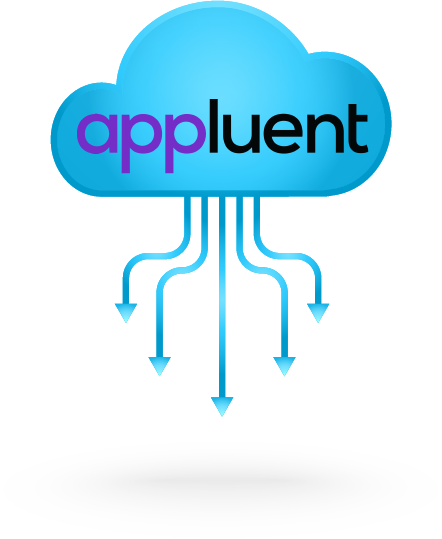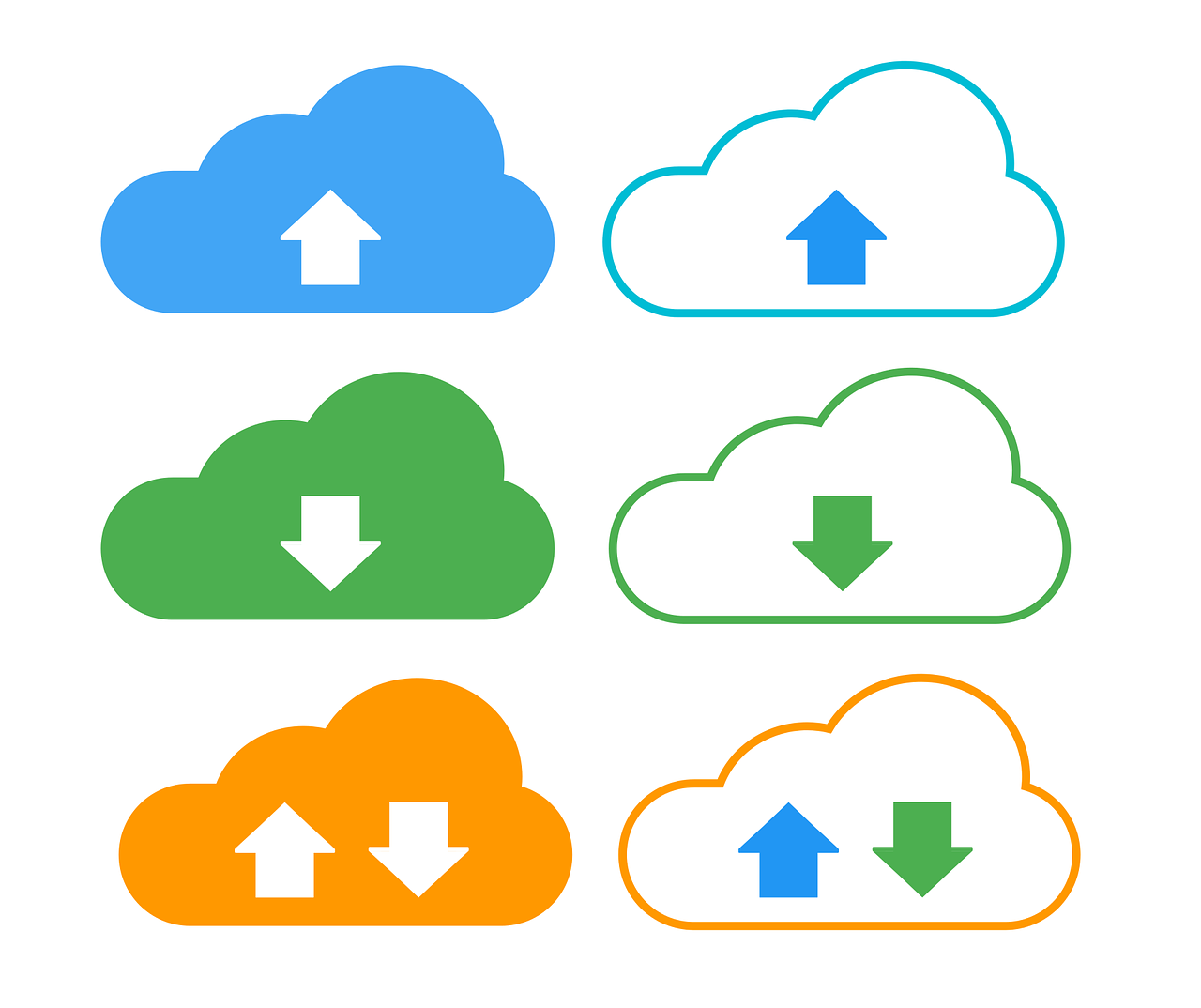By: Nicole Kane
Salesforce is a complex tool that has the capability to be customized in many ways to adopt organizations’ business processes. Because of its complexity, a lot of organizations utilize 3rd party Consultants (such as us Appluent) to stand up and implement the platform for them. As a Sales Professional working with clients daily for Salesforce Implementations, one of the most common questions I hear is – “how much will the implementation cost?”
The dreaded answer that I continuously give (and you continuously hear) is – “it depends.”
This is because we, along with most other consulting companies, base implementation costs on the time and materials it takes to complete the project.
Well, below, I’ve provided insight into the implementation process to help mitigate that dreaded phrase on both ends.
Here are a few key areas that will ultimately drive up the cost of an implementation and integration:
- Automation requested outside of “point and click”

- When a customer/prospect wants automation that requires Appluent developers to code on the platform based on workflows, the time to complete this drastically increases.
- Requests for non-standard workflows that require Appluent to write Lightning Components and Apex
- Often, customers/prospects will want to reduce the number of clicks throughout the Salesforce platform and request that Appluent create automated workflows to accomplish this. And again, this takes a great deal of time to create, in turn, driving up the cost.
- Automation of one record to another
- A request we often get is Invoice and Invoice Line Item creation from a Quote and Quote Line Item. This functionality requires the automation of one record to another.
- Integration of AppExchange products
- When customers want an app from the AppExchange, it isn’t always as straightforward as a simple installation. Certain use cases will require further development, and it is best to understand the customer’s exact requirements before making a recommendation.
- Amount and complexity of data

- It is essential to know the number of records (Accounts, Contacts, Opportunities, etc.) that the client/prospect wants to migrate to Salesforce as well as understand how their data is currently configured in the native system.
- Complex business rules
- These include anything that is not a straightforward equation. For example, a formula used to calculate revenue or expenses, or policies where an organization requires its employees to work with a preferred list of vendors.
- Multiple system integrations
- When an organization has an internal process that pulls information from multiple systems, it requires all of these systems to connect to each other and Salesforce.
- Website development
- Whenever a customer/prospect wants to do something involving their website that is outside of web-to-case or web-to-lead.
Now, because these situations lead to price increases it means extra consideration should be given before purchasing the extra steps if your main goal is a low-cost implementation. There are many cases where these extra steps make the users life easier and the platform more user-friendly. Appluent is a team of certified and trusted professionals ready to take on these extra challenges.
Keep in mind our last article about technical debt, having a short-term fix now may lead to more work down the line. That being said, having those extra steps may be necessary to avoid that technical debt.

